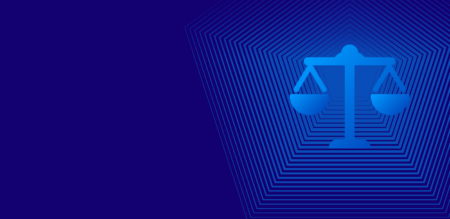Key Considerations In Selecting Cloud Archiving Platforms
Effective cloud archiving platforms are key in addressing electronic communications compliance. They also can improve communications governance and e-discovery, cut IT costs, enhance resource utilization, and deliver key business insights captured from a complex set of communications and content sources. Yet many legacy platforms have fallen flat in meeting these goals. Organizations stress that they struggle with lack of flexibility and a broad array of obstacles with certain cloud archiving platforms.
Vendors market a range of different cloud archiving platforms. Navigating these offers can be a complex process that can entail significant consequences for enterprises. To avoid pitfalls, cut through provider marketing hype, and select a solution that best addresses your organization’s evolving needs, Wellington Consulting recently released “Enterprise Buyer’s Guide: Cloud Archiving Platforms.” The analysis outlines typical enterprise challenges with cloud archiving platforms, system selection criteria, solution benefits, and system requirements and considerations.
The report highlights top shortfalls and concerns with legacy applications and certain products in the market. Many of these center on major cloud archiving platform limitations in availability, scalability, and flexibly. To avoid these challenges, the analysis suggests that enterprises carefully consider the following requirements:
- Discovery and collection against broad set of communications and content types
- Modular design and architecture
- Performance and scalability
- Multi-cloud capabilities
- Cloud infrastructure standards
- Openness and extensibility
For each of these dimensions, the report suggests that enterprises ascertain critical criteria. For example, for the category of “Discovery and collection against broad set of communications and content types,” the report recommends that organizations:
- Verify that solution has a content-agnostic approach (preserving any form of structured or unstructured data, not limited to an email format)
- Confirm that the system addresses modern dynamic content (including versioning) as well as static content
- Validate that the system can natively capture and preserve content and metadata
- Establish that the system enables easy integration with custom content sources and new networks
- Verify that the system can easily evolve to support new content types, other legacy sources, or enterprise-created applications – flexibility is key
As younger generations continue to join the workforce and steadily reduce reliance on email, appropriately addressing emerging and changing communications types is essential. Effective e-discovery, robust compliance, and rich business insight capture capabilities necessarily require the ability to incorporate a large and changing set of communications and content types – all while providing appropriate context across the holistic set of communications.
Evaluating a broad set of cloud archiving platform requirements can be a complex exercise. This analysis provides additional context on multiple key criteria. To download your copy of the Enterprise Buyer’s Guide: Cloud Archiving Platforms, click here.
Share this post!
Archiving and Compliance Blog
Our Blog explores the news, trends and best practices in electronic recordkeeping. It’s about managing and getting value from your electronic communications data. It’s about satisfying legal and regulatory obligations. It’s all about turning compliance liability into business insight.






Subscribe to the Smarsh Blog Digest
Subscribe to receive a monthly digest of articles exploring regulatory updates, news, trends and best practices in electronic communications capture and archiving.
Smarsh handles information you submit to Smarsh in accordance with its Privacy Policy. By clicking "submit", you consent to Smarsh processing your information and storing it in accordance with the Privacy Policy and agree to receive communications from Smarsh and its third-party partners regarding products and services that may be of interest to you. You may withdraw your consent at any time by emailing privacy@smarsh.com.
FOLLOW US